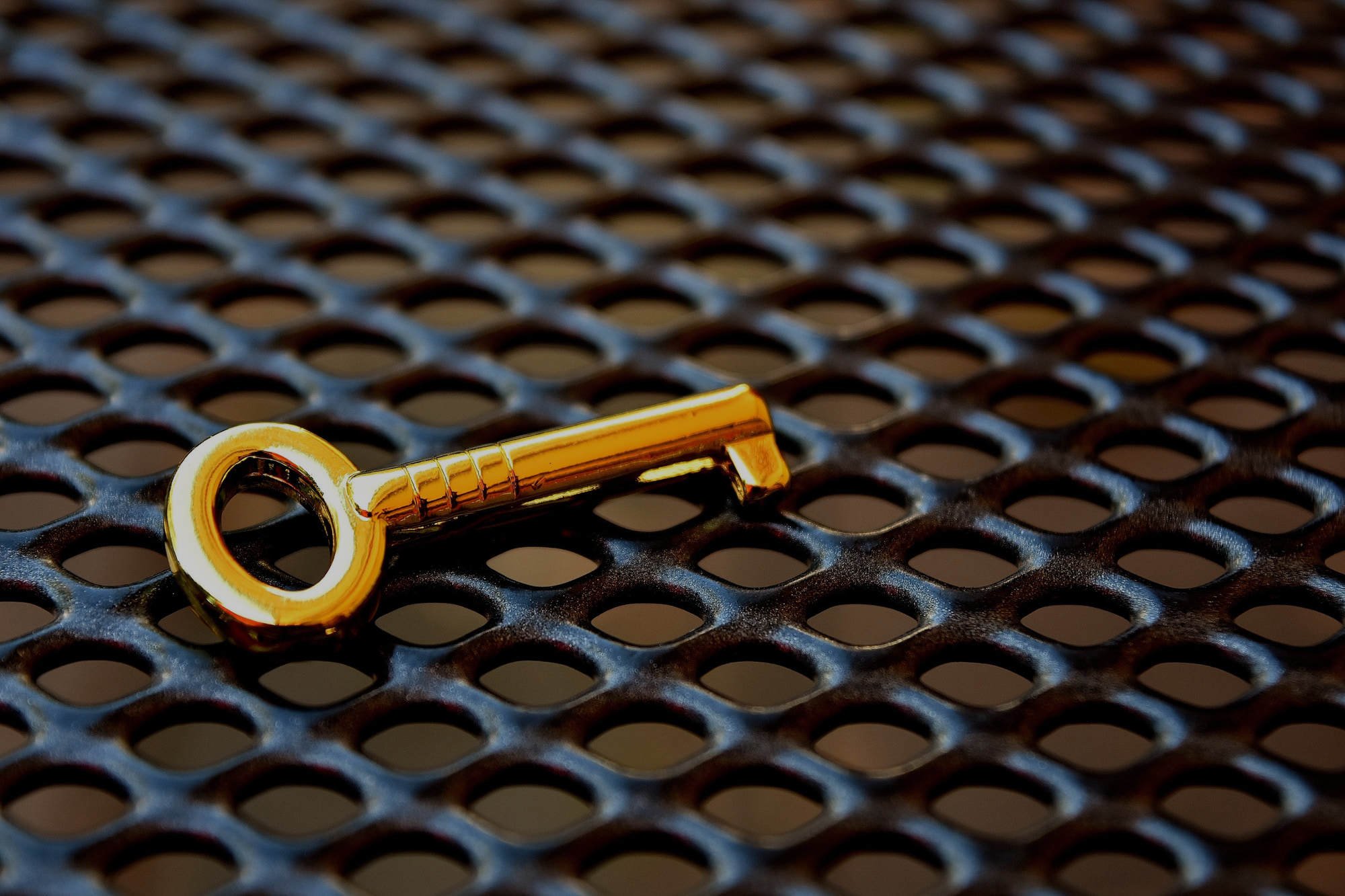
WHAT WE ARE FUNDING
FIRST KEY
Facilitate Awareness
Educate others about DMD through gatherings, traditional media, and social media

SECOND KEY
Improve Quality Of Care & Life For Those Living With DMD
Support The Duchenne Program at UMassMemorial Center with Charley's Fund
Watch a Bruins Game with help from The Yurik family
JB's Keys Adaptive Sports Scholarship for Skiing and Sailing
Adaptive Sports Scholarship for The National Tetra Ski Championship
THIRD KEY
Fund Advancing Research For Treatments
Arrhythmia Detection With Implantable Cardiac Devices
Research led by Dr. Andreas Barth from Johns Hopkins to assess burden in patients with Duchenne and Becker Muscular Dystrophy. By closely monitoring these patients, valuable insights will be gained into the frequency and severity of arrhythmias and ultimately develop better management strategies to improve their quality of life and outcomes.
The Duchenne Program at UMass Medical School
There are clinical trials being done on a constant basis. Additionally, new trials are being vetted.
CRISPR/CAS 9
Project led by Dr. Eric Olson from University of Texas, Southwest. Utilizing an advanced gene editing technology this strives to stop the progression of DMD in animal and human cells.
Cardiac Project
Expansion of the Department of Defense Grant to Dr. Elizabeth McNally at Northwestern University. This grant supports a focus on innovative ideas that will lead to substantial improvement in the care and treatment of Duchenne cardiomyopathy.
Follistatin gene therapy trial
Phase I/IIa trial in boys with Duchenne following a trial in Becker muscular dystrophy patients. Follistatin inhibits the myostatin pathway, which has shown to cause significant enlargement of muscle mass and increased muscle strength.
Carmeseal-MD
A treatment for heart failures and a potential skeletal muscle enhancer.
GALGT2
A surrogate gene therapy for DMD that uses a viral gene transfer vector to deliver the GALGT2 gene. In animal models, delivery of GALGT2 results in a change to glycosylation across the entire muscle membrane, with upregulation of utrophin and other proteins that stabilize the muscle membrane, resulting in correction of muscle pathology and force deficits. This is a particularly promising approach because it is a potential therapy for any boy with DMD, regardless of mutation.
